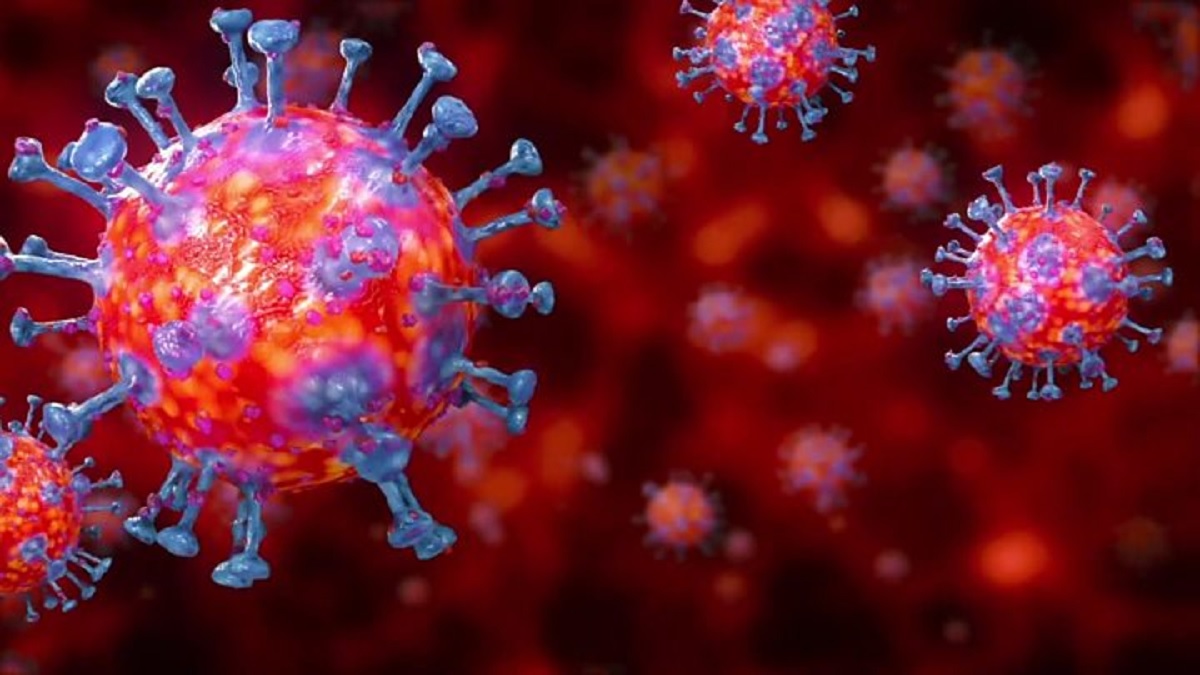


The serological survey conducted by National Centre for Disease Control (NCDC) in Delhi has found out that 15% of Delhi’s total population has Covid-19. The positive cases are higher in areas where the population is dense. The results of the survey are based on 22,000 samples collected between 27 June and 5 July in the national capital.
Indian Council of Medical Research (ICMR) said that a serological survey was started to determine the level of exposure and prevalence of antibodies against the infection. The serological survey reports would be made public soon by the ICMR. “When a person is infected his body develops antibodies to the infecting organism, coronavirus in the present context. These antibodies are of two major types IgM and IgG. The IgM develops early on the 3rd day of the symptoms, and continues till around the 7th day when it starts to decline. IgG starts to appear in blood on the 7th day onwards and reaches a peak on the 20th day or so. And then continues in blood for a longer period. For serological survey antibodies are detected in blood.” said Dr Lalit Kant, former head of epidemiology, ICMR
“To best of my knowledge the test being used in India detects IgG. The antibody detection blood test will identify people who already have been infected, even those with mild or no symptoms. It helps us to know how many have been able to fight off the infection and have become immune.” he added.
Serological tests focus on proteins made by your immune system. In many infectious diseases like dengue, chikungunya, Japanese encephalitis, IgM is measured to know recent infection, and is used as a diagnostic test.